What you can expect when shopping in China
Jideofor from Nigeria has been studying an MBA at Nankai University, China for over a year.
His experience has given him many opportunities to see the world from a different point of view. Today, he shares his Chinese encounters of the shopping kind…

What were your expectations of shopping in China before arriving?
I thought it would be relatively accessible and easy to find all kinds of products, with lots of variety at cheaper prices.
Is the reality different?
It depends on what items you need to purchase.
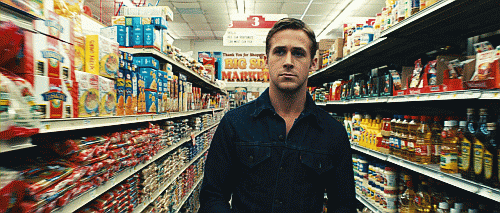
For example, I’ve had huge difficulty finding the kind of sausages I like, but household equipment like ironing boards and even the most insignificant home workout equipment, are easily found on Taobao (an online shopping website, similar to Amazon).
You couldn’t buy the sausages off Taobao just like that, because it would be hard to make sure you’re picking the right ones.
To find something particular, it’s worth asking for recommendations from other foreigners that have lived here a while. This is the same for many home comforts you may need.
How is shopping in China different to home?
Everything is written in Chinese, so I have a hard time figuring out for sure if am getting the correct spices or not!
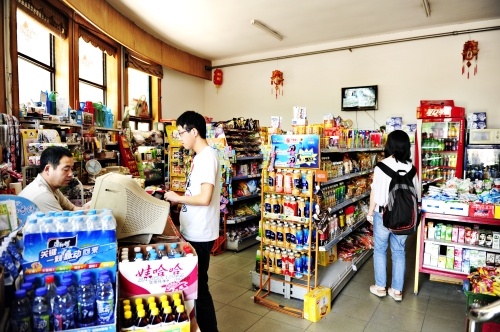
What different shopping options are in Tianjin?
For everyday living, you can find almost everything ranging from groceries to bedsheets, and even kitchen hardware at Carrefour.
For a wider range of foreign products go to Metro or Walmart (though more pricey).
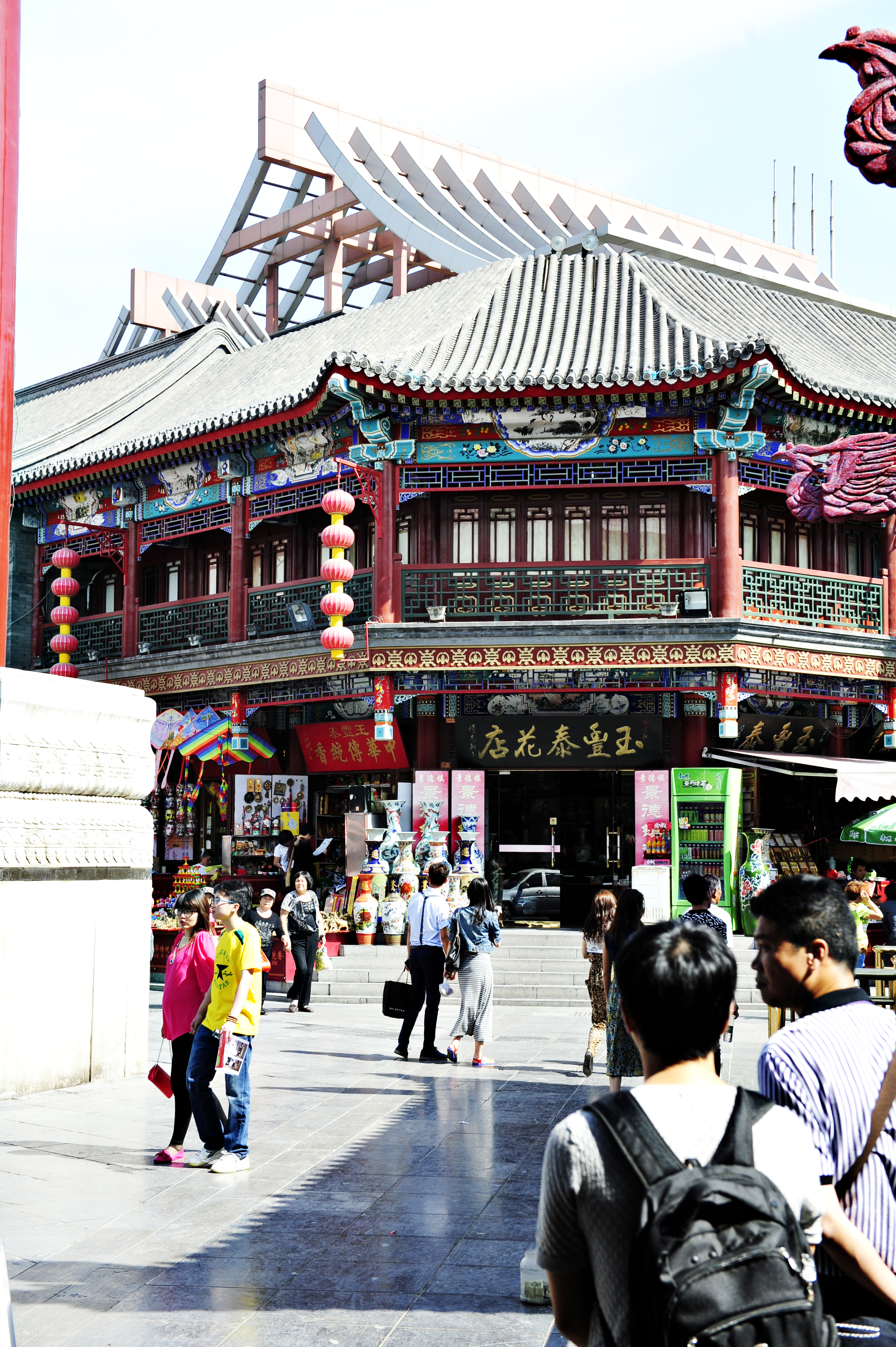
There are many electronic stores around Tianjin, like ‘Sunning’, and the huge shop on Baidi Lu.
Clothes can be found in one of the many shopping malls – Joycity, Galaxy Mall, Aqua City, and Binjiang road.
What is your favourite place for shopping?
I like to shop in the local markets, which are usually situated within your living communities.
These markets can even be just downstairs on the street outside your apartment every morning, and in China is called ‘zao shi’ means ‘morning thing’.
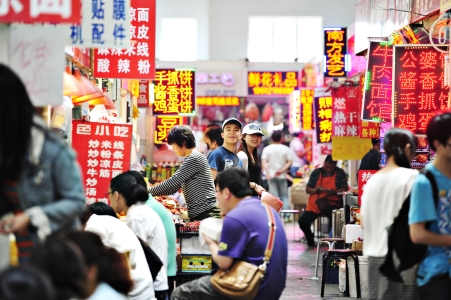
I love that I can buy fresh food, fruits, meat and vegetables there, that have just been brought in from the surrounding villages.
The prices at the markets are low too, plus the thrill of bargaining a good price alongside many Chinese locals is fun.
After zao shi is done at about 9am, there’s still stall traders within the community, so buying food at any time is not a problem.
Things like milk, oats and eggs, I usually buy in bulk online.
What about the prices in China?
There’s not much difference in prices between here and Nigeria.
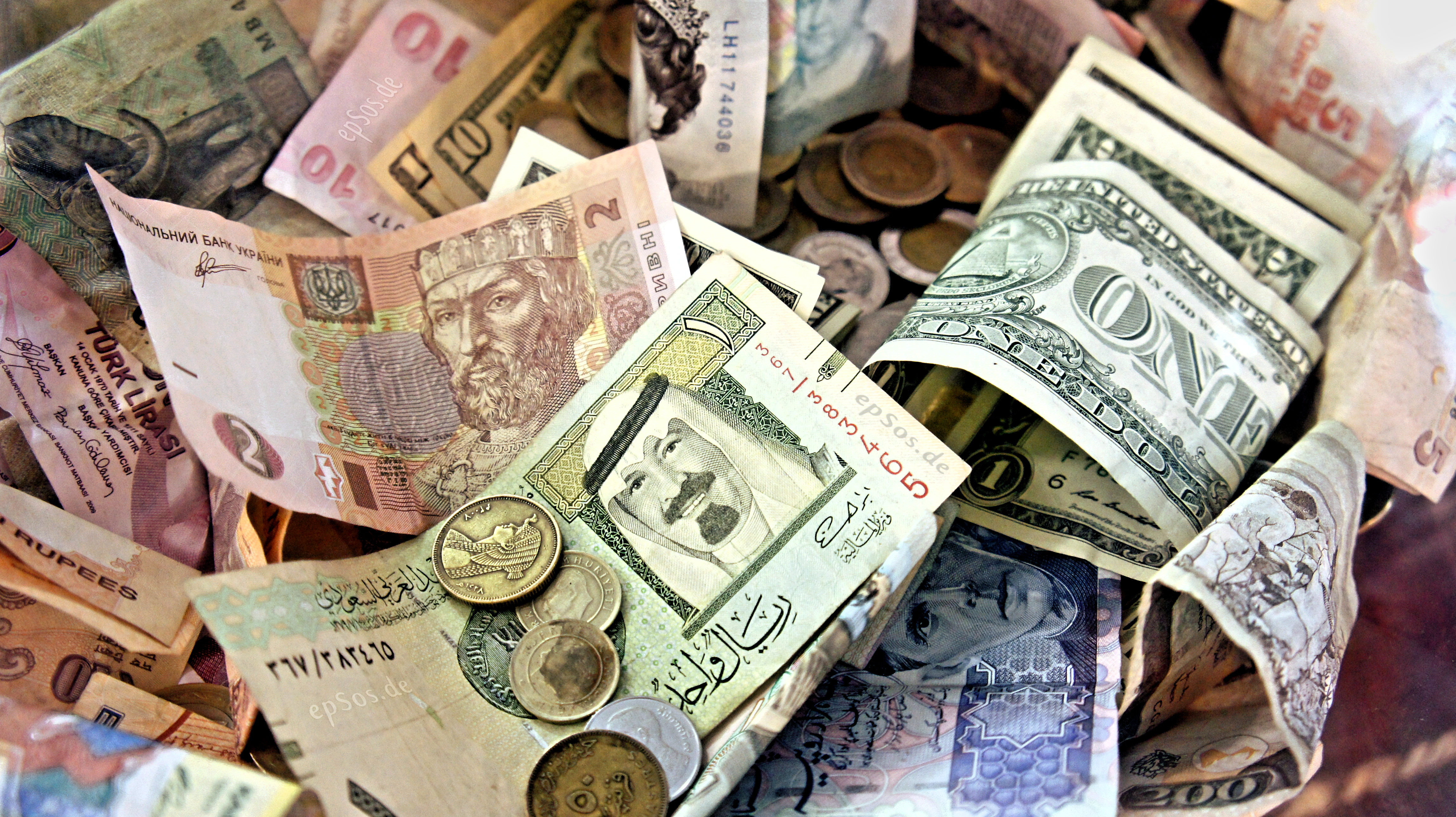
Local food and raw produce are moderately priced, compared to what I’m used to.
What about the variety?
Finding Western imported products might need a bit of investigation.

To find out more about studying abroad, head over to our website.
Read up on what moving to China is really like, or see what Ryan wrote about moving to Tianjin to study.
Drop us any questions in the comments below, or get in touch on YouTube, Facebook, Twitter, and Instagram.



